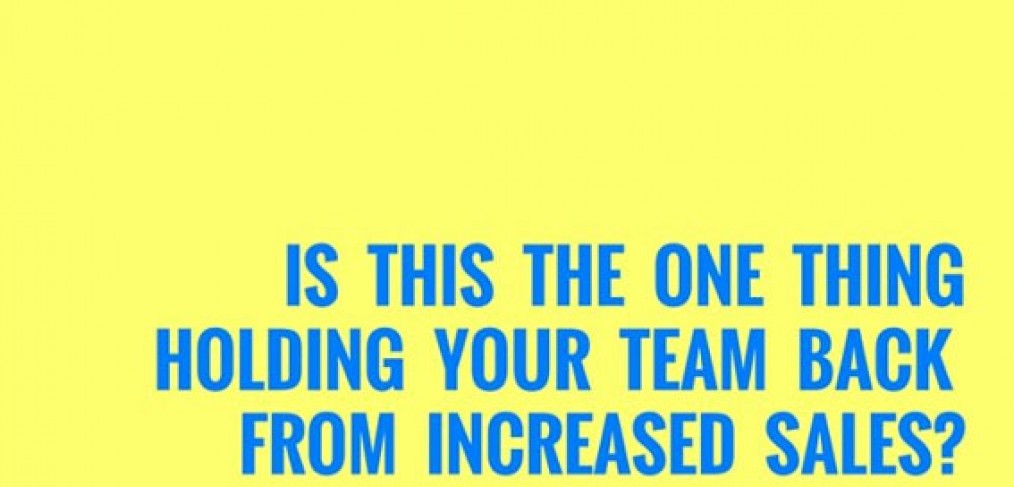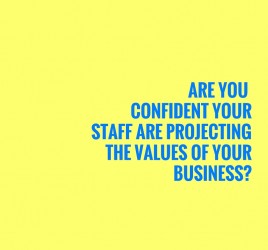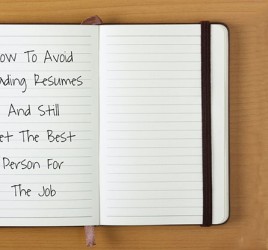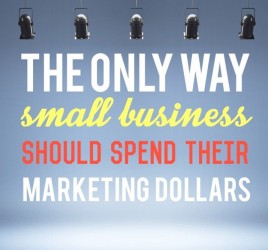
One Thing To Avoid That Negatively Impacts Sales Results
I was researching online recently and stumbled across an article detailing some of the customer experience discoveries and improvements at Mercedes Benz since the arrival of the (now outgoing) CEO Stephen Cannon. The most startling of all the sentences was this one.
‘Another thing Cannon learned early on was that 70% of employees had never driven a Mercedes Benz.’
Imagine that. A stalwart of the automotive industry not having the majority of it’s people completely understand the experience of the cars they sell each day? Admiring these vehicles, cleaning them, perhaps sitting inside as they outline the benefits and customisable features to potential buyers. But, never driving one.
It seems almost unfathomable that they wouldn’t have realised the value in going beyond educating staff on the features and benefits of their range before recent times. So, it appears that even the most established and successful have overlooked the value of product knowledge on a deeper level. The full customer experience.
Using the example of eating out because it’s one most of us have experienced, I nearly always ask wait staff to tell me about their favourite dishes. At least 50 per cent of the time it’s clear they’ve not tried much of the menu. It becomes a very different experience though when I walk out of a venue knowing the unique way the chef makes a dish, or that the coffee beans are from a sustainable source that provides resources for children of the farming community. When I’ve been told about it, it’s all knowledge I walk away with, and if I find value in it, I’m likely to tell my family and friends about it too, creating a connection of sorts with the business or brand.
Knowing our customers, what excites them, motivates them to return and tell others is part of this discovery process but determining what it is that we don’t yet know about what we sell is key. We can usually quite easily change that and in turn, have an opportunity to offer a fuller, richer customer experience.
So, I encourage you to take a look within your business and ask:
-
What would an honest assessment of your current team’s product knowledge (or service capabilities) tell you?
-
Do your staff have a surface-level understanding of your products or services because they’ve never experienced it to the full extent? Is there room to discover more?
-
And, when will you (and how often will you), create opportunities for your staff to test and talk about the products and services you offer?
-
Additionally, would the messages you share with your customers or clients be consistent, with everyone ‘speaking the same language’?
For Mercedes Benz, this discovery and the subsequent actions resulting from it, improved staff engagement and refined the sales conversation.
Imagine a salesperson explaining to you how beautifully the car drives versus the story the same someone would share having put their foot on the gas, experienced all the features and benefits while driving, not parked in a showroom, and realising the ‘whole package’ experience for themselves.
Product knowledge is vital. Product experience knowledge even more so. How will help your team experience what it feels like to be in the driver’s seat?



